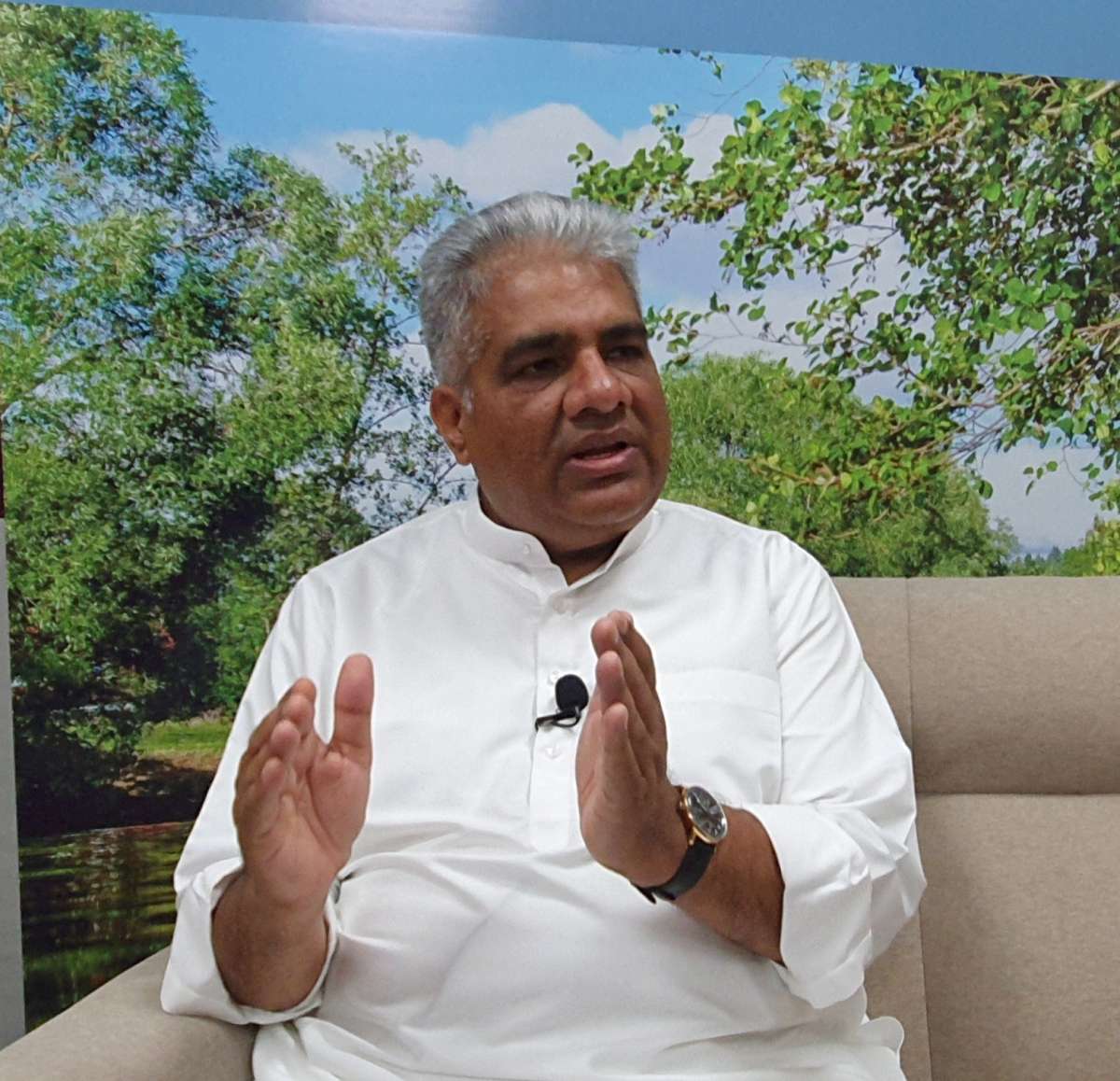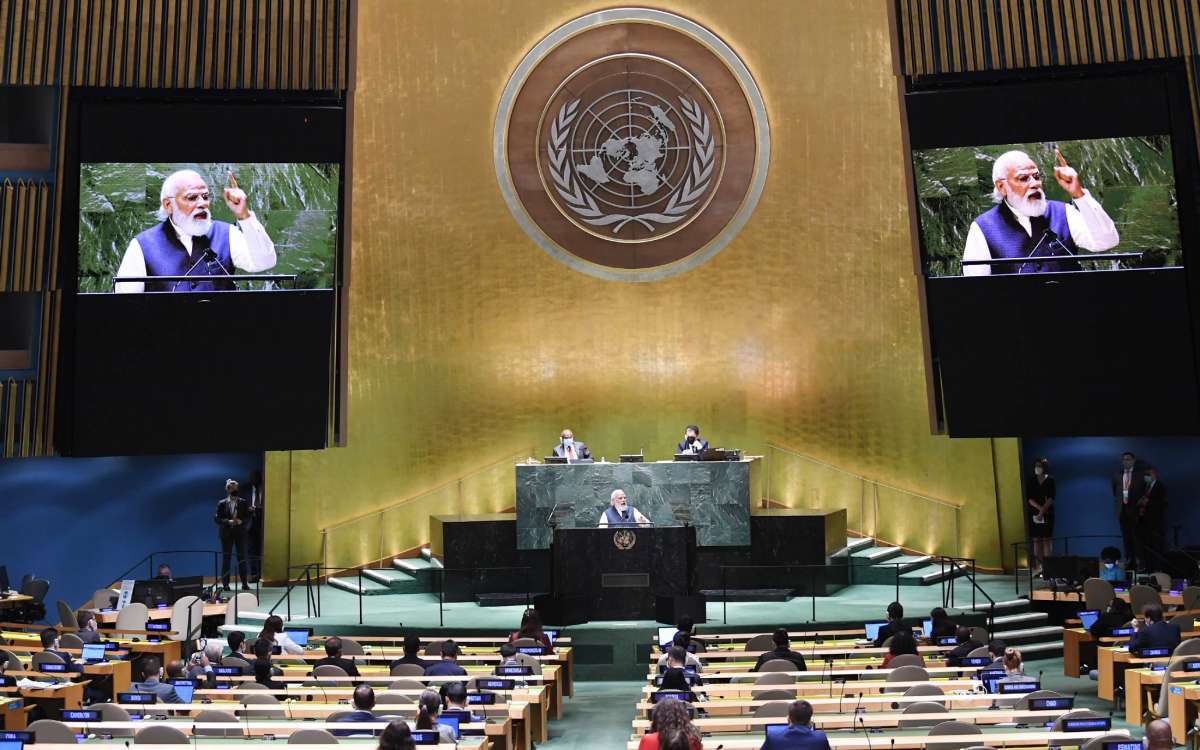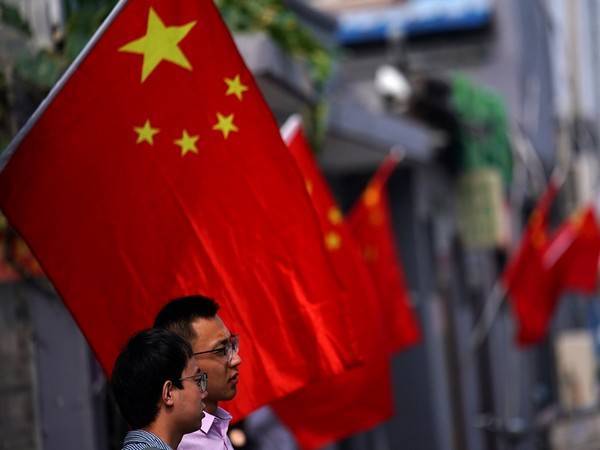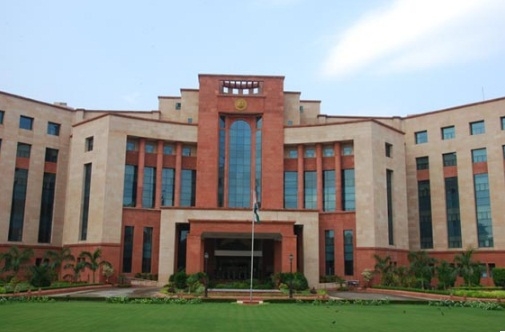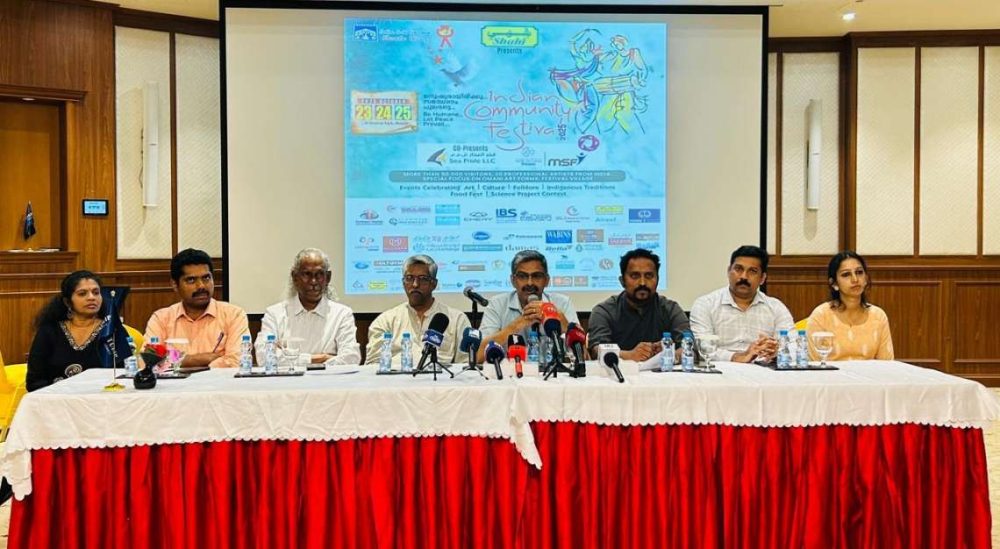He also informed that India has been working on strengthening end-to-end early warning systems for all hydro-meteorological hazards…reports Asian Lite News
Union Environment Minister Bhupender Yadav on Monday said that India fully supports UN Secretary General’s agenda to achieve Early Warnings for All, which would help in cutting down vulnerabilities and ensure swift response towards natural hazards.
Yadav made the assurance in his address at the UN Secretary General High Level Round Table to launch the Early Warnings for All Executive Action Plan, at the World Leaders’ Summit, COP27, in Egypt’s Sharm El-Sheikh.
“We fully support the Secretary General’s agenda to achieve Early Warnings for All. The global pace of climate mitigation is not enough to contain the rate of climate change. There is an urgent need for the world to acknowledge the cascading natural hazards that cause substantial losses around the world,” he said.
He however added that “these issues focus our minds for a moment and then soon lose attention as the countries most able to do something about it are the least affected. They are also the biggest contributors to climate change. The most vulnerable regions are located between the Tropics of Cancer and Capricorn. Much of the developing world, including India, lies between these tropics. Public expenditures and loss of revenues following the onset of external disasters have already begun to rise in this region with the least coping capacity”.
Yadav noted that with climate finance still scarce, climate adaptation in the form of early warning dissemination is key in safeguarding lives, and livelihoods. Early Warnings For All play a part in not just containing the immediate physical impacts, but also mitigating the far-reaching long-term socio-economics implications that follow.
He also informed that India has been working on strengthening end-to-end early warning systems for all hydro-meteorological hazards.
“This has led to concrete results. We have reduced mortality from cyclones by up to 90 per cent over the last 15 years. On both east and west coasts, we have nearly 100 per cent coverage of early warning systems for cyclones. Similarly for other hazards – such as Heat waves – we are making swift progress, leading to much greater resilience of our communities,” he said.
India’s Web-DCRA (Dynamic Composite Risk Atlas) enables swift and advanced action on early warnings, he said.
The Environment Minister also informed that India spearheaded the Coalition for Disaster Resilient Infrastructure (CDRI) which is working towards developing applications of climate forecast and early warning for reducing infrastructure losses and disruption in basic services.
ALSO READ-UAE’s COP27 delegation has strong and diverse representation


